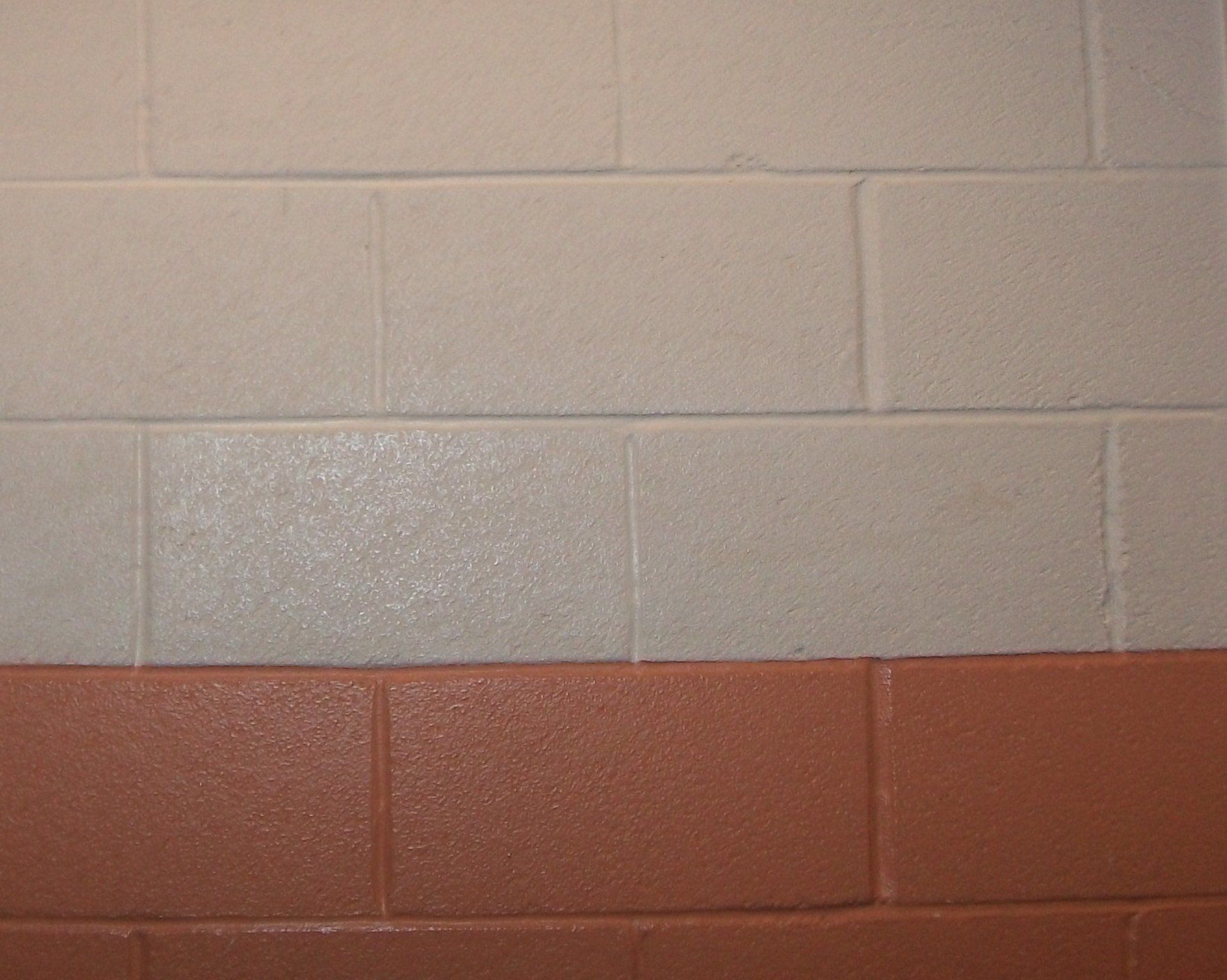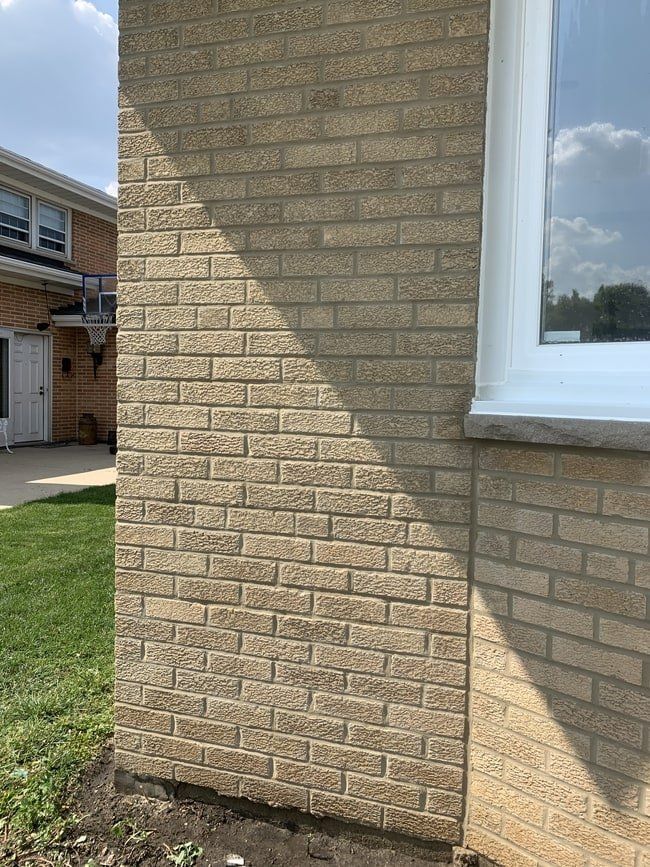Do brick walls need insulation?
Brick homes are once the trend, and still are, even if many years have passed. Back in the earlier years, they were very popular as they were once made using clay and are left to harden in the sun, which was efficient at the time when technology is not as advanced. When brick homes upgraded to the usual red variant, they were still a favorite not only due to their classic appearance but also because of their durability.
It is known that brick materials are good insulators compared to other masonry units, which means that they are energy efficient. However, at the present time, there are other materials that are energy efficient and are significantly cheaper than bricks, which can be expensive to install. Because there are many alternatives, current homes are not entirely made using bricks nowadays and are instead placed over the frame of the home as its façade.
There are so many advantages that come with having a wall insulated, but even though brick walls are good insulators, but old homes made of bricks are generally not as energy efficient, Because of this, it is recommended to have your brick walls insulated when your resources allow you to do it.
What does insulation mean?
One of the most important things that need to be prioritized in its home is proper insulation. When a home is insulated, this means that the use of energy in some parts or the entirety of the house is maximized, which will result in lower electricity bills and will make your home more comfortable to live in.
During cold winter months and the scorching heat of the summer, your home can maintain its heat and coolness which will make it more energy-efficient.

Slide title
Write your caption hereButton
There are many types of insulation that will fit your home’s material and need. For bigger buildings, you might need to look into other types and makes of insulators to make sure that you are getting the one that will fit your specific needs and also your budget.
A certain material’s insulating capabilities are measured using its R-Value, also known as thermal resistance. The higher the R-value of the material is, the more effective it is at resisting heat flow and maintaining the temperature of your home. In general, a regular brick has an R-value of .80 while some masonry units used for construction are substantially lower and do not perform any insulation at all.
How does insulation work?
To put it simply, there are many types of insulation that work differently. They are made to function in different manners as there are also various needs of a home. For example, an insulation material may do its job by lessening or increasing the flow of heat, therefore making your home stay warmer (or cooler) for much longer periods of time.
Is there a need to have your walls insulated?
Bricks have a decent amount of R-value which is at .80, however, it may not be enough, especially if you are at a place where weather may border on the extreme heat and cold. In this case, it will be extremely beneficial for an average homeowner to have their brick walls insulated.
Wall insulation may be viewed by others as a luxury, however, there is no such thing as “too much” when you are looking for ways to make your home more cozy and snug to live in, especially when you are staying home for a longer time.
Benefits of having your brick walls insulated
There are many advantages that come with having insulation on your brick walls. Some of these are:
1. They make your home more livable.
As said above, having a properly insulated home can make it cooler during summer and warmer during wintertime, which means that you and your family will be more comfortable to stay in during the months of extreme weather. Nothing can take the place of having a house or building that is not freezing cold or too sweltering hot to live, after all, your home should be the area where you can relax.
2. They make your electricity bills much lower.
When a home has great insulation, this would mean that it is more efficient at maintaining and spreading heat and air conditioning in all the desired places in the building. When this is the case, your heating, ventilation, and air conditioning or HVAC system do not need to work hard as much, which will significantly lessen your bills by up to 40% than what it usually was before you had your walls insulated.
3. They reduce the carbon footprint that is being utilized in your home.
It is common knowledge that in order to function, most homes that are located in the city and suburbs need electricity, which is usually generated by burning off fossil fuels. Unfortunately, this can cause so much harm to the environment, considering the millions of people and establishments using electricity all over the world. Insulation can help minimize the need to use so much electricity in a building, which in turn, lessens the amount of carbon footprint.
4. They reduce noise.
Aside from lowering electricity costs, one of the advantages of having your brick wall insulated is that it helps in the acoustics of your home. Meaning, when your home has better insulation properties, the noises of the neighbors around your home and in some parts of your home will be minimized. This is extremely helpful for buildings that are located in areas with high noise pollution, or if you want to avoid annoying your neighbors from the sound of your drums or your high-quality speakers with the bass boost.
5. They lessen the risk of having mold in your home.
Insulation can also help with your home’s problem if it is already showing some signs of build-up, or lessens the possibility of it from showing in your home if it does not have it yet. This is because molds are a product of condensation, which can be avoided if the walls are insulated, making it hard for moisture to seep through your brick walls.
Types of brick insulation
There are various types of insulation that can be placed on different masonry units, however, when a home is made of bricks, it is highly possible that the home was constructed in the earlier years, making the current structure very old and at times, brittle. Because of this, brick insulation can be sometimes difficult.
Here are the most common types of insulation used in bricks walls:
1.Rigid Foam Insulation
This type of installation is commonly used by contractors for old brick walls, and is done by installing rigid foam on the exterior or interior of your wall.
2. Wall Frame Insulation
This method is usually done by installing a frame on either the exterior or interior of the wall and placing insulation between the voids. This procedure is utilized in masonry units such as brick that does not have any space within to place insulation compared to other materials that have gaps inside it.
Can you install insulation on your own?
When it comes to anything related to your home, it will never be wise to rely on DIY videos just to save some money that is meant to pay a contractor. Doing the insulation yourself is possible, but just to be safe, it would be best to get the help of an expert instead.
Scrimping on the costs can make you regret it later on, especially when the insulation was not installed correctly, making it useless. When it comes to home improvement, the best thing to do is pay for the peace of mind that comes in knowing that a professional will do the job properly.


